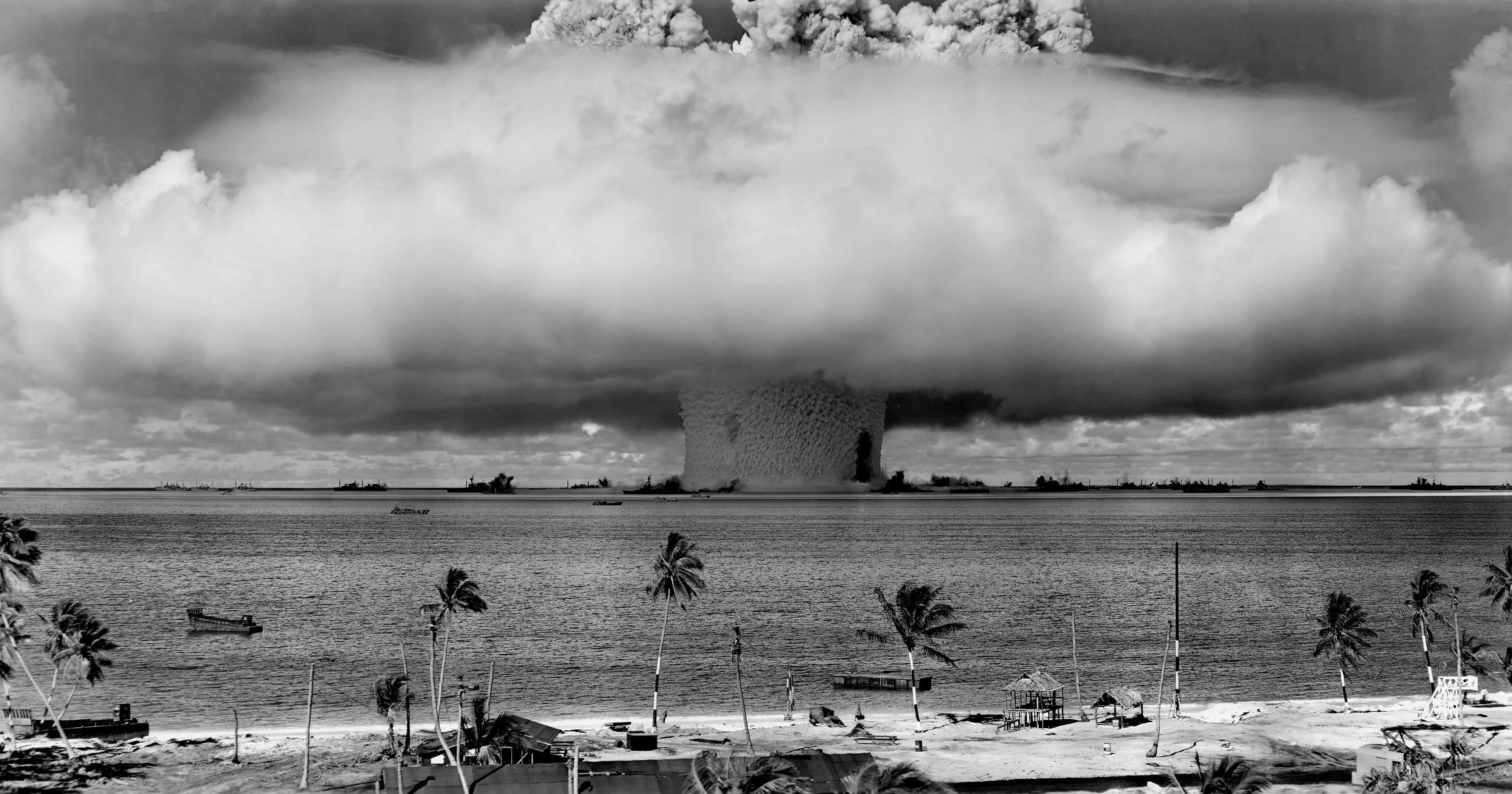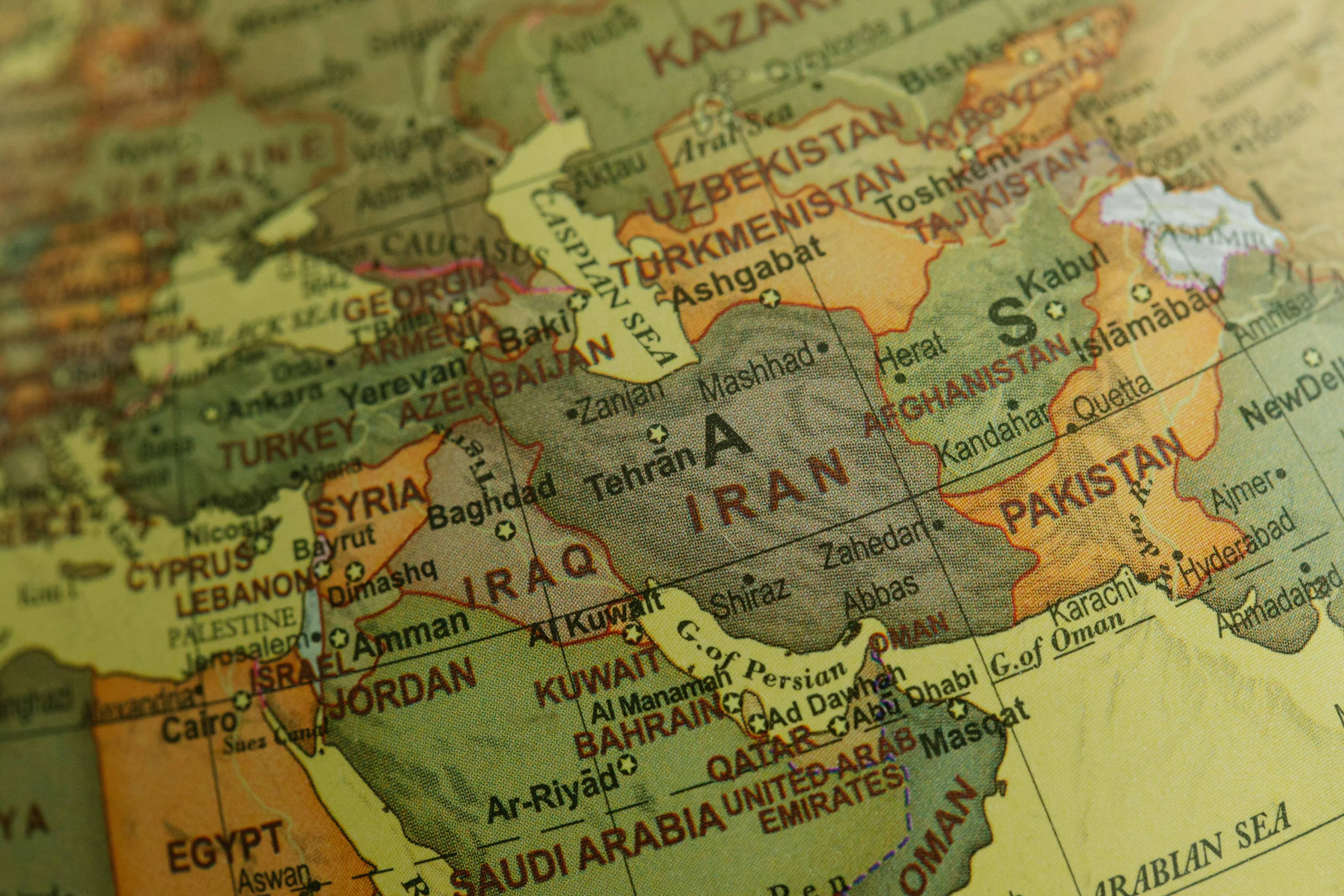In the early hours of June 13, 2025, Israel launched Operation "Rising Lion" — a series of airstrikes targeting key Iranian nuclear and military sites, including Natanz, Isfahan, and facilities tied to the Islamic Revolutionary Guard Corps (IRGC). Over 200 fighter jets participated in the operation, resulting in the deaths of high-ranking commanders such as Gen. Hossein Salami and Gen. Mohammad Bagheri.
Domestic Political Context in Israel
Prime Minister Netanyahu aims to project strength after the crises of 2023, especially the conflict with Hamas, which weakened public trust in his leadership. The operation serves as a message of security and assertiveness ahead of upcoming elections.
The political consensus is strong—Netanyahu’s coalition received support from some opposition figures in the Knesset, signaling national unity in the face of perceived existential threats.
Legal Grounds and International Justification
Israel invoked its right to preemptive self-defense, claiming that Iran’s nuclear program and proxy groups like Hezbollah pose an imminent threat. This aligns with the “Begin Doctrine” — preventing WMD development in the region.
Iran’s leadership denied all accusations, asserting that its nuclear program is peaceful. However, the IAEA noted discrepancies and confirmed that Iran had ceased to comply with key provisions of the NPT, prompting Israel's action.
International Reaction and Geopolitical Dynamics
- USA: The Trump administration confirmed it was not directly involved but had been briefed. Secretary of State Marco Rubio urged Iran not to retaliate against American interests.
- EU & UN: Called for de-escalation. Germany viewed the strike as a justified response, while the UK pushed for diplomatic resolution.
- Regional Powers: Saudi Arabia and Turkey voiced concern, while Oman offered to mediate.
Economic and Market Response
Oil prices surged to $75–77 per barrel, the highest since April. DOW Futures dropped by 600 points, while the dollar, gold, and bonds gained strength.
Iran’s Reaction and Potential Retaliation
Iran imposed media blackouts, suspended flights, and halted diplomatic talks with the U.S. Religious leaders called for a response within 7–10 days.
Retaliation could include missile and drone strikes on U.S. bases or allied assets in the Persian Gulf. Alternatively, Iran might opt for a diplomatic pause if damage is minimal.
Three Scenarios for Escalation
- Proxy Conflict: Limited regional attacks by Hezbollah, Houthis, and Iraqi militias, without direct U.S. involvement.
- Direct Military Response: Iran launches ballistic missiles at Israeli military targets, triggering reciprocal strikes.
- Diplomatic Freeze: No direct escalation, leading to a pause in hostilities and a push for negotiations via EU/UN mediation.
Expert Opinion — Hamish de Bretton-Gordon
"This was a precise preemptive strike on the core of Iran's nuclear infrastructure," noted the British analyst. He described it as high-impact with minimal collateral damage.
What to Expect in the Next 7–10 Days?
- Israel mobilizes reservists, activates civil defense, and closes schools and airports.
- EU and UN intensify mediation efforts while the U.S. signals deterrence.
- Energy prices and risk assets remain volatile.
- Drone and missile threats increase across Iraq, Syria, and Lebanon.
Conclusion
Operation "Rising Lion" is grounded in legal self-defense but risks regional destabilization with global consequences. The next 7–10 days will be crucial in determining whether the conflict escalates or stabilizes through diplomacy.
Disclaimer:
This article is an analytical review by the BurgasMedia editorial board and reflects the opinion of an expert group based on current political, economic, and social developments.
The conclusions presented are not predictions or factual statements, but a hypothetical interpretation of possible scenarios.
The publication is not responsible for any discrepancies with future developments and encourages readers to form independent judgments based on verified sources.




Коментари (0)
Трябва да влезете ...
Все още няма коментари.